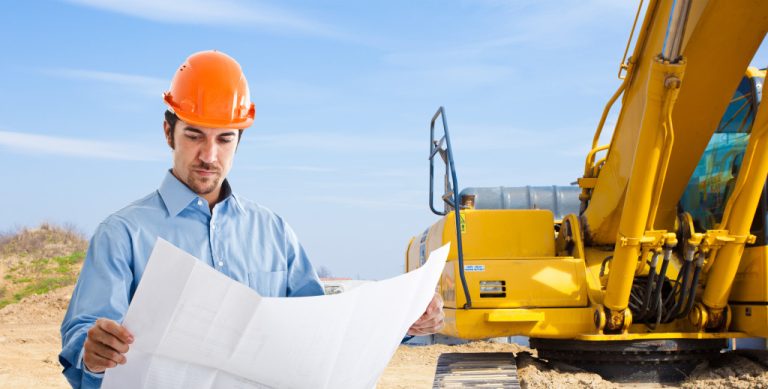Renovating or building infrastructures are is exciting, but it also comes with its fair share of stressors and responsibilities, like filing the correct paperwork to ensure you’re following local rules and regulations. When you’re in the planning stages of your construction project, it’s a must to know which permits you need and how to make sure they’re all submitted correctly and on time. Here are the most common types of permits, some basic things about the whole process. Read on to find out what they are!
It’s hard to know exactly what you need to get a construction permit and how to deal with the process, especially if it’s your first time doing it. Though each city has its unique requirements, there are some things you should know about the whole process.
When are construction permits necessary?
While some projects may not require a construction permit (such as painting, carpentry, or routine repairs), it’s in your best interest to consult with your local building department before starting any major work. The last thing you want is someone from city hall knocking on your door because there are problems with your permits—or worse, fines for having done unauthorized work.
Search for the Needed Permits
Depending on what kind of business you’re starting, you might be required to get several permits from your local government. Construction permitting is a perfect example of such an occurrence. Before getting started with any kind of physical building project, you must confirm which types of permits are necessary. Start by consulting with your city hall office. Ask if any other forms or applications must be completed before receiving a construction permit and find out what information they expect on these forms.
Make a Checklist
One way to make sure that your construction project is fully realized is by making a checklist of all of your research, ideas, and plans. Before sending in your first draft, read through everything that goes into starting a new business—and use it as an opportunity to check off each item. Doing so will guarantee that you’ve thought through every part of starting a business, which will ensure that it’s not just functional but also successful.

Stay on Top of Local Codes
Working with contractors requires permits. Some of them are necessary for safety, such as for electrical and plumbing work, and some are needed because they’re required by your state or local government. Knowing which types of permits before building a new structure helps eliminate issues later on when starting to build. When building something from scratch, like a house or office building, you will probably require an excavation permit from your city to dig deeper than five feet into your lot.
Some Common Permits That You Will Need
Depending on your construction, your type of project will determine what permits you’ll need. Some common ones include:
- DNR Permitting: For any work that will impact wetlands, streams, or other important natural areas. You may have to get additional approvals from your county and state as well. This is where an environmental consultant can help. Under DNR Permitting, we have:
- National Pollutant Discharge Elimination System (NPDES) Permit: If your business will be engaging in any activity that may cause pollutants or chemical contamination in nearby streams, lakes, or rivers, this will be needed. Even if it’s something as small as installing a new septic system, you’ll need to get an NPDES permit. It is necessary both for state and federal compliance. A Construction Stormwater Pollution Prevention Plan (SWPPP) is needed to seek an (NPDES) permit.
An SWPPP is a plan for preventing polluted stormwater runoff. It details how your business will collect, store, and dispose of the water that flows off your property during and after a rainstorm. Local and state rules about stormwater management can be complicated and it will take a lot of time to prepare it fully. A good way to ensure that your plan follows the law is by hiring a company that can do the SWPPP for you.
- Local Business Permit: If your business is putting up a sign, changing or adding doors and windows, installing a fence, or other alterations that aren’t covered by zoning laws, you will likely still need local permission for your project.
This usually involves getting a building permit from your city government. Make sure to check with them as these permits vary from place to place. Under local business permits, we have HVAC, electrical, plumbing, fire protection, and general construction.
- Health Department Permit: If your business is serving food or drinks (i.e., a restaurant, bar, or coffee shop), you’ll have to get a health department permit. This can be a complex and difficult permitting process; if your business serves alcohol, it will involve taking an alcohol control class and earning your license from there.
So you should expect that your project will involve dealing with a lot of permitting issues. Taking care of them at their inception and getting professional help will save your precious time and reduce your chance of being fined or sued.



